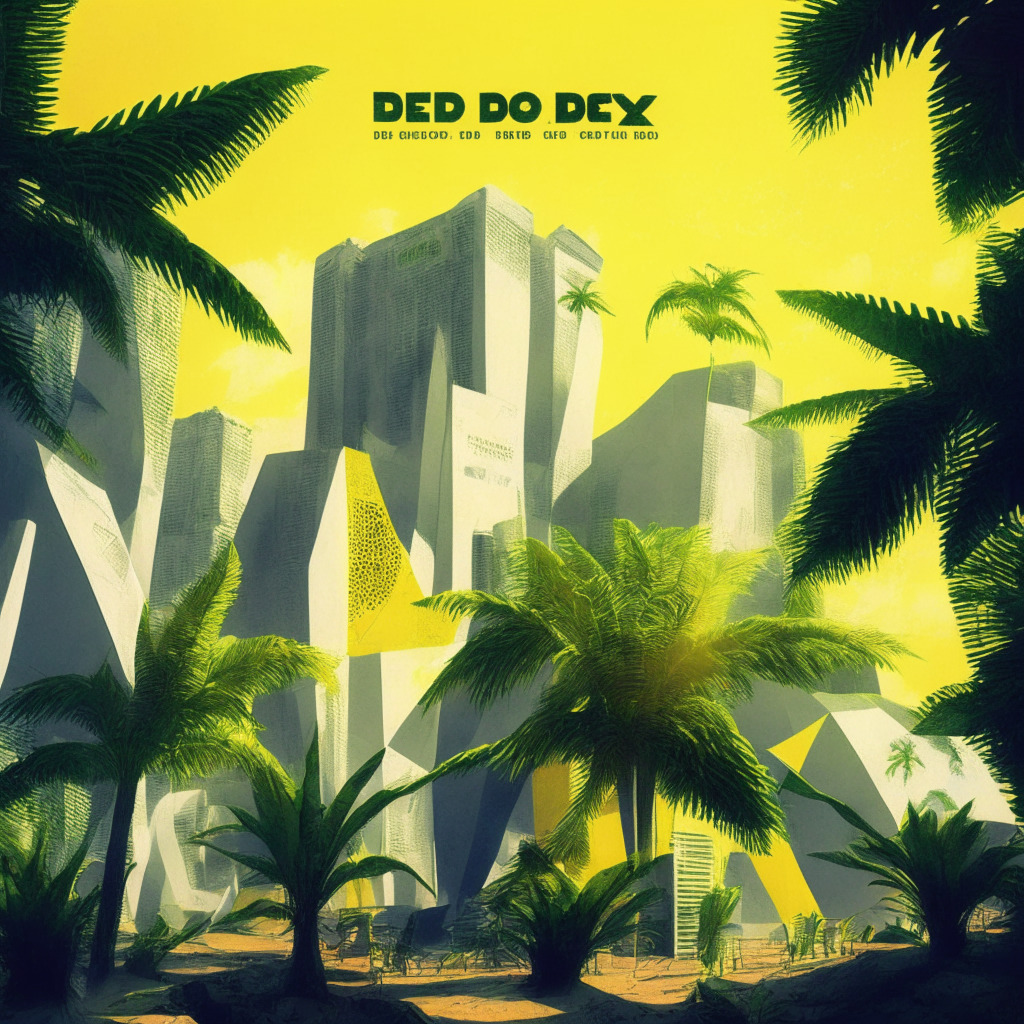In recent news, Worldcoin, a groundbreaking cryptocurrency initiative supervised by OpenAI chief Sam Altman, made its debut. The project uniquely merges AI and biometric technologies to establish an exclusive global identity system that enhances both online security and economic opportunities.
The system leverages an inventive device dubbed “Orb,” which scans a user’s retina to confirm their human presence in the digital realm. After verification, participants receive a unique “World ID,” assigning them a distinct online footprint, especially crucial in today’s AI-adaptive world. Additionally, a digital currency “WLD,” also part of Worldcoin’s package, aims at promoting global economic expansion.
Interestingly, the project, being a year old, has already raised $250 million, with major names like Andreessen Horowitz, Khosla Ventures, and Reid Hoffman rooting for its success. Currently, the identity technology, as well as the Worldcoin token, are in the early stages of international deployment.
As stirring as the project seems, it doesn’t escape criticisms. Skepticism arises from the notion of using retina data, a highly personal identifier, in establishing digital identity. Privacy activists voice concerns regarding the safety of such sensitive data, emphasizing the risks in its acquisition and storage processes. Critics also question the ambiguity in Worldcoin’s incentives, labeling them as potential bribes.
In contradiction to the conventional alignment of blockchain anonymity, Worldcoin’s premise of individually identifying users seems paradoxical. The roadmap for integrating such retinal identification systems into blockchain’s traditional framework appears hazy.
Inextricably linked with Altman, the Worldcoin project is predisposing shifts in technology landscapes. At the center of the scheme is a verification mechanism, coined the “proof of personhood” system. The vision is to address online identity predicaments efficiently. The system promises opportunities, of establishing an advanced world – defined by value and propelled by unforeseen changes.
As about 150 orbs are in operation, with approximately 2 million sign-ups, the aspirations for Worldcoin are sky-high, aiming to make 1,500 orbs operational before the year closes. In a turn of events, Worldcoin tokens will not list on exchanges; instead, they will be airdropped to users, thus gradually earning value in fiat-driven markets.
Worldcoin represents an explorative adventure into the unchartered territories of decentralized technologies. Its successes could generate substantial economic potential, offer solutions for distinguishing humans from AI, and stimulate global democratic processes. However, navigating through criticisms and skepticism, it needs to ensure it upholds the holy grail of user privacy along its ambitious journey.
Source: Cryptonews




